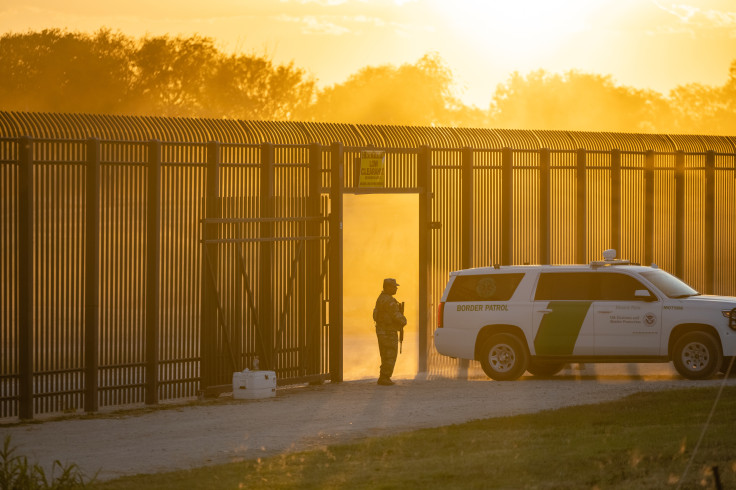
Mexico is not equipped to deal with potential crisis stemming from U.S. President-elect Donald Trump's mass deportation plans, top local journalist León Krauze wrote in a recent article for The Washington Post.
President Claudia Sheinbaum's administration has been criticized for cutting budgets to key immigration agencies, raising concerns about its ability to address the escalating challenge.
Sheinbaum recently announced an agreement with incoming U.S. President Donald Trump to avoid tariffs by reducing migration flows through Mexico. Trump hailed the deal as a victory, claiming it would "stop migration through Mexico and into the United States." However, if Sheinbaum is really planning to meet the demands of such a commitment, the government is failing to take the necessary steps, Krauze wrote.
Two critical agencies, the National Migration Institute (INM) and the Mexican Commission for Refugee Assistance (COMAR), are already strained. The INM, responsible for managing migration, faces a 14% budget cut in 2025, reducing its funding to approximately $83 million — less than 1% of the budget allocated to its U.S. counterpart, ICE.
COMAR, which processes asylum claims and operates with just 13 offices nationwide, is similarly underfunded. Despite receiving over 140,000 refugee claims in 2023 — a figure up 18% from the previous year — its 2025 budget has been slashed by 10%, leaving it with just $2.3 million to operate nationwide. "We should have strengthened COMAR and inclusion policies, but instead, we have a COMAR that is practically nonexistent in operational terms," said Tonatiuh Guillén, former head of the INM and an advocate for humane immigration policies.
The crisis extends beyond logistics. Migrants face significant dangers from criminal groups that exploit the weak immigration infrastructure. Abductions, sexual violence, forced labor, and human trafficking are rampant. A detention center fire in Tijuana last year that killed 40 migrants highlighted systemic failures. Erika Guevara-Rosas of Amnesty International called the incident a "tragedy" that revealed the lack of safeguards for migrants under Mexican authorities' care.
With an estimated revenue of $4 billion to $12 billion a year, the smuggling of migrants has joined drugs and extortion as the top income stream for criminal groups in Mexico, Central and South America, as at least 80% of all undocumented immigrants making their way to the U.S. see the need to hire smugglers to help them cross treacherous paths along the way
Experts warn that Mexico's unpreparedness could lead to dire humanitarian consequences. Sheinbaum's administration is under pressure to increase funding for immigration agencies, expand refugee processing infrastructure, and appoint skilled professionals to lead these efforts.
Without action, critics say, the situation could spiral into a full-blown crisis, exacerbating suffering for migrants and damaging Mexico's international standing. "The stakes are too high for inaction," the journalist pointed out. "Mexico must rise to this challenge."
© 2025 Latin Times. All rights reserved. Do not reproduce without permission.











